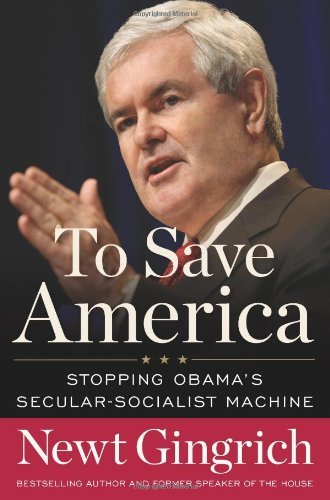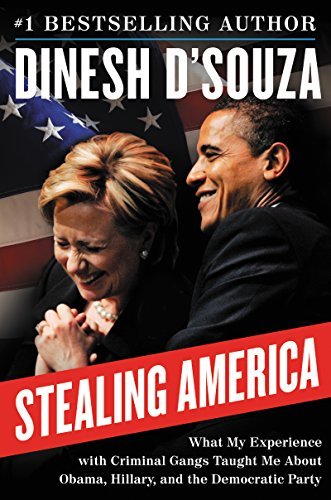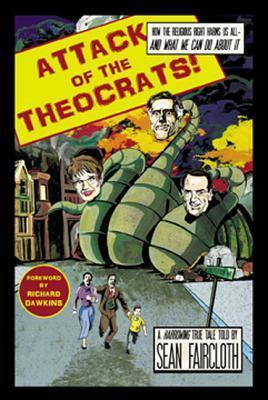
To Save America: Stopping Obama's Secular-Socialist Machine
Book Description
A battle for America's soul rages in the shadows of power. Newt Gingrich unveils the chilling truth behind President Obama's agenda—a relentless drive towards a secular-socialist America that threatens the nation's core values. With a potent blend of insights, strategies, and urgent calls to action, this gripping manifesto reveals the stakes of a society on the brink. Every page pulsates with the urgency of reform and the fight for America's future. Can the nation rise to reclaim its heritage, or will it succumb to the machine of transformation? The clock is ticking—what path will America choose?
Quick Book Summary
"To Save America: Stopping Obama's Secular-Socialist Machine" by Newt Gingrich is a political critique of the Obama administration. Gingrich contends that President Obama's policies represent a sharp departure from traditional American values, moving the nation towards secularism and socialism. He argues that this "machine" threatens liberty, entrepreneurship, and the constitutional foundations of the United States. Using a mix of historical analysis, political commentary, and actionable strategies, Gingrich calls upon Americans to resist this transformation and reclaim the nation's founding ideals. The book offers a roadmap both for understanding the stakes and mobilizing citizens to bring about political change, believing that America's heritage and future are at a crossroads.
Summary of Key Ideas
Table of Contents
The Threat of Secular-Socialism in America
Newt Gingrich’s book presents the argument that the Obama administration represents a significant ideological shift in American governance. He coins the term "secular-socialist machine" to describe the combined forces of expanding government power, secular values, and an agenda that, in his view, undermines economic freedom and religious principles. Gingrich claims this direction threatens to fundamentally transform what he sees as the traditional character of the United States, posing a grave risk to its identity and future prosperity.
Erosion of Traditional American Values
Central to his argument is the belief that President Obama’s policies erode foundational American values such as individual liberty, limited government, and free enterprise. He critiques initiatives like expanded healthcare reform, stimulus spending, and increasing regulations, suggesting these represent an encroachment on personal freedoms and a move toward dependency on the state. Gingrich underscores the importance of Judeo-Christian ethics, arguing that secularism weakens moral fiber and the sense of community.
The Role of Government and the Expansion of Power
The book examines the mechanisms by which he believes the government’s reach is expanding into everyday life. Gingrich points to increased federal involvement in industries like healthcare, energy, and education as evidence of overreach. He warns that this concentration of power could lead to a loss of entrepreneurial spirit and creativity. The erosion of checks and balances, regulatory overdrive, and what Gingrich views as a disregard for constitutional limits are central concerns detailed throughout the narrative.
Citizen Engagement and Grassroots Mobilization
Gingrich emphasizes that reversing this perceived decline requires active citizen engagement. He advocates for grassroots mobilization, highlighting the power of local communities to influence political outcomes. The book calls on readers to become informed, organize at the local level, and demand accountability from their elected officials. Gingrich stresses that civic renewal and the restoration of traditional values must begin with ordinary Americans taking collective action against what he dubs the secular-socialist machine.
Strategies to Reclaim America's Future
Finally, the author proposes a series of strategies aimed at restoring America’s founding principles. These include electing leaders who champion limited government, religious liberty, and free markets. Gingrich details policy prescriptions, such as legal and regulatory reforms, support for constitutional amendments, and strengthening civil society organizations. He closes with an urgent appeal to reclaim American heritage, warning that inaction could allow the country to slip irreversibly away from its foundational ideals.
Download This Summary
Get a free PDF of this summary instantly — no email required.





